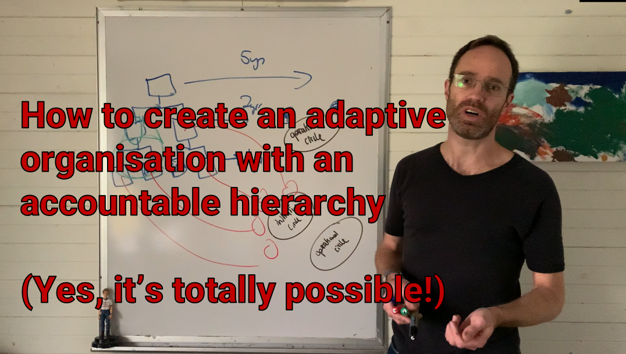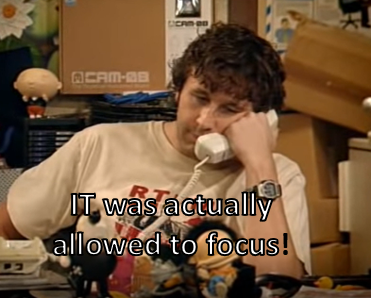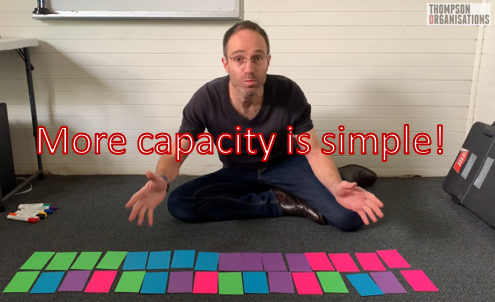Will It Make The Car Go Faster? A Crucial Work Design Principle From Formula 1
Click here to watch this as a 5-minute video instead.
(It’s got captions)
There’s a lesson in the industry of Formula 1, by which I mean Grand Prix racing, either the most boring thing you’ve ever watched, or an amazing mix of technical skill, driver skill, and one huge political social gossip fest!

The Goal is Clear
There’s one goal in Formula 1 – to win the world championship. Call that the vision. From there, the breakdown is clear:
To win the world championship, you need to win more races. You get the latest version of this after every race, it’s like your monthly report going to your governing body. Looks like this:
Read more…






